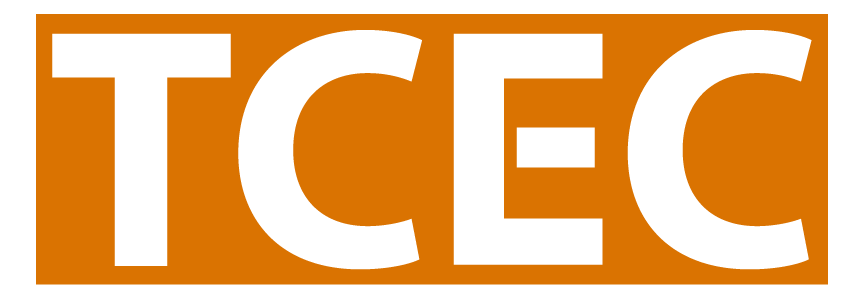
Local Lead Agency Key Informant Interviews on Endgame
by Catherine Dizon
Over the next 12 months, LLAs will be conducting two separate sets of KIIs: one that I like to call, “Contract Extension KII” and one that I call, “ECTC KII.” The Contract Extension KII were added to LLAs’ current 2017-2021 workplans, and the ECTC KII, short for End Commercial Tobacco Campaign, is a required evaluation activity for LLA’s upcoming 2022-2025 workplans. This article aims to clarify the difference between the two and share resources for helping you ensure these activities are useful to your communities.
What is a Key Informant Interview?
A key informant interview (KII) is a very common data collection method used in local tobacco control work. As a matter of fact, first task I was given when I was a student intern at TCEC was to do KIIs by phone with local projects staff throughout CA; KIIs will always be a memorable experience for me. KIIs allow us to gather rich qualitative data from a purposively selected group of informants who have unique insights. This information can be used to determine how to effectively persuade decision makers, monitor stakeholder buy-in, and help develop future strategies.
What is the Difference Between the Contract Extension KII and the ECTC KII?
The comparison table below breaks down the difference in purpose, timing, instrument, and selection of informants for the Contract Extension KII and the ECTC KII.
|
Contract Extension KII |
ECTC KII |
|
The Contract Extension KII are meant to help projects decide which indicators and path to choose for ECTC (if interviews are conducted before workplans are due) and/or identify which communities would be the best for ECTC (if interviews are conducted after the workplan is submitted) |
ECTC KII are meant to be part of the background research conducted at the start of the workplan as visualized in the Policy Intervention and Evaluation Activity Timeline graphic. It should be conducted before the Midwest Academy Strategy Chart planning process. You may want to add additional KII activities if there are different informants or audiences you want to tap for information. |
|
Deliverable due December 31, 2021 |
Deliverable due June 30, 2022 |
|
Lots of flexibility and no required questions |
Some flexibility with 3-5 required questions |
|
Should try to reach diverse informants from a variety of communities of interest |
Must select elected officials from the specific ECTC communities |
|
Explore options and topics related to pursing the endgame and envisioning a community without commercial tobacco |
Focus on specific indicators chosen for target communities in the new workplan and learning how to influence decision makers |
For more information on the purpose of the LLA Contract Extension KII, visit TCECs webinar that explains the LLA Contract Extension KII. There is also a resource which provides an overview of KII, as well as sample questions.
Who Conducts the Interviews?
Some projects choose to have an external evaluator conduct the interviews, because interviewing is a skill that many evaluators have crafted and perfected through experience. Other options for external interviewers include coalition members or community members who can encourage an unbiased and more objective conversation with key informants. For other projects, internal staff may be the best interviewers because they are more familiar with the content, and they may want to build or foster relationships with the key informants.
How to Conduct the Interviews?
Whether the interviewer is the external or internal to the project, it is important to conduct the interview like a conversation so that the informant does not feel like a “data collection subject.” Preparation is key! The interviewer should be familiar with the topics, try to memorize the question to avoid just reading off a script, and practice so that the conversation to flow more naturally. Practicing also allows you to gauge how long the interview may take so that you can allot the right amount of time with your informants. Ultimately, you want the key informant to do most of the talking and the interviewer to use probing questions to encourage the informant to say more. TCEC’s resource for Conducting Interviews has some tips for how to keep the conversation going.
Other Resources for Conducting KII
A description of key informant interview (KII)s is available in the California Tobacco Control Evaluation Guide, along with information on common uses and best practices. TCEC also has several resources for conducting KII including conducting interviews (in general), conducting interviews specifically with retailers, and a video demonstrating some common scenarios. In addition, Tobacco Evaluator Alliance (TEA) members held a special forum and created a list of sample questions that may also be helpful to you in completing the LLA Contract Extension KIIs before December 31, 2021.
Need More Help?
If you would like some help in developing interview questions, you can contact TCEC for individualized technical assistance or reach out to fellow evaluators through the TEA listserv for peer support.
